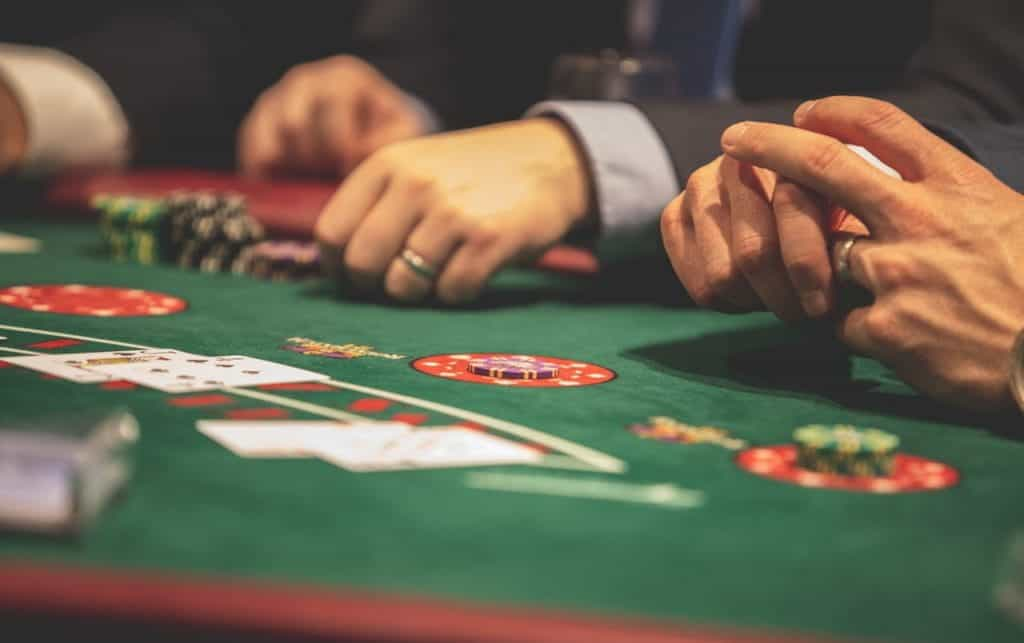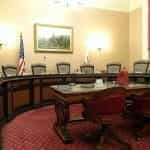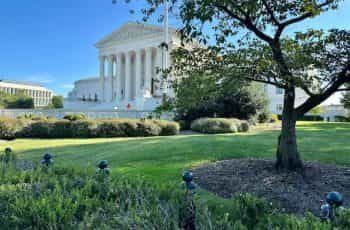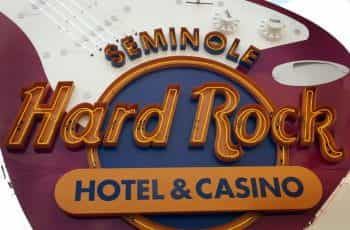Florida Considers Revised Tribal Gaming Laws
Florida’s House Gaming Control Subcommittee recently met to table industry talks that included a discussion on revoking gaming exclusivity to the Seminole Tribe. The tribe and the state have been clashing since their compact expired in May, with pact renewals delayed as a result of disagreements about new term negotiations.

Florida’s House Gaming Control Subcommittee has met to discuss plans to potentially strip the Seminole Tribe of their exclusive rights to offer games like blackjack and poker. ©Drew Rae/Pexels
Disagreements between lawmakers and the tribe centered around the control of online gambling, sports gambling, and banked card games. As a result of the ongoing dispute, the Seminoles stopped making their agreed monthly payments of $19.5 million.
The Seminoles argued that its 2010 compact with the state guaranteed them “exclusivity” to offer banked card games, such as blackjack, through to 2030. In 2013, the Tribe sued the state for violating their compact by allowing games similar to poker and blackjack, slot-machine style pre-reveal games and electronic gambling parlors at some non-tribal race tracks.
U.S. District Court Judge Robert Hinkle ruled the case in favor of the Seminoles, agreeing that Florida had broken their exclusivity promise. He ordered the state install mechanisms to shut down these games in 2016, and in response, the state agreed to use “aggressive enforcement action” to shut these games down.
The Seminoles continued their payments after the state’s agreement to heighten vigilance over illegal gambling. However, the Seminoles admitted to being unsatisfied with the state’s efforts, and have used their inaction as an excuse for discontinuing revenue-sharing payments after May 31.
In the recent talks, the Florida Division of Pari-Mutuel Wagering Director Lou Trombetta told the panel that negotiations with the Seminoles haven’t progressed since October. However, state regulators and the tribe still cooperate with routine regulatory matters. According to Trombetta, the compact “is still in effect to some extent, but to what extent is an open question.”
Since the escalation of the dispute, a number of parties have come out in favor of stripping the Seminoles of their exclusivity. Jamie Shelton of BestBet, an operator of poker card rooms in Jacksonville and Orange Park, said that the current $350 million a year agreement with the Seminoles is a “bad deal.”
“Don’t be punitive toward us for the benefit of one group,” Shelton said. His views have been backed by Magic City Casino Vice President Isadore Havenick.
“For them to give you pennies on the dollar and just put us out of business is insane. None of us should be penalized so that they could benefit.”– Isadore Havenick, Vice President, Magic City Casino
Additionally, Randy Fine, a Republican state representative for Palm Bay, suggested that the Seminole Tribe be allowed to offer Class III gaming without a compact with the state, or without rights to exclusivity at the very least.
Other Gambling Matters Discussed
While the recent talks by the House Gaming Control Subcommittee focused predominantly on workshopping the scenario of stripping the Seminole’s of gambling “exclusivity”, they also discussed Amendment 3. This ballot measure approved by voters in 2018 sees that any casino gaming expansion laws now must be approved by state voters.
The measure passed with a 71 percent majority, with major financial support for the campaign funded by Disney and the Seminoles. The leader of the campaign John Sowinski, who is President of the No Casinos group, vowed that the amendment would help to “hold the line” on all gambling expansion, including sports wagering.
However, it is still unclear whether or not sports betting, if the state sought to legalize it, would need to be approved by state voters. This is because while the language of Amendment 3 sought to give more power to voters when it comes to gambling matters, it only specifically mentions casino-style gambling.
This uncertainty hasn’t stopped state Senator Jeffrey Brandes from introducing a sports betting bill that would allow the state Lottery to legally provide wagering on sports events through self-service kiosks. The bill would also allow the Lottery to license businesses to accept wagers and through mobile applications.
For now, it is expected that lawmakers will not be presented with a new Seminole gaming compact during the 2020 legislative session. However, the lack of revenues generated through tribal gaming has added further pressure for the state to generate gaming revenue after the passing of Amendment 13 in 2018.
Amendment 13 prohibits betting on greyhound racing by 2021. So far, five of the state’s 11 tracks have closed down and by the end of the year. While the measure has been welcomed by many animal rights and anti-gambling activists, industry insiders have pointed to the loss of between 70 and 80 jobs as a negative to the closures.



